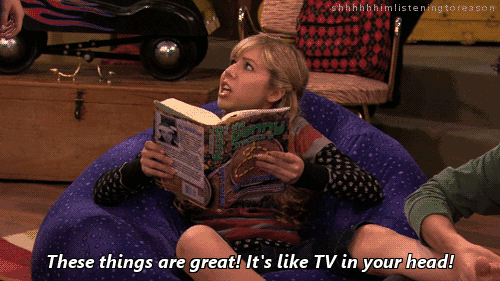An Adelaide Bookshop Was Raided By Police For Selling Unwrapped Copies Of ‘American Psycho’
Relax guys, kids don't even read anymore.

In the most dramatic event to happen to Adelaide since it was stripped of the title ‘The 20 Minute City’, police have raided a book shop and removed illegal unwrapped editions of Bret Easton Ellis’ American Psycho.
For those of you haven’t read it, American Psycho is about a Manhattan businsessman who is also a serial killer. In the film version he is played by Batman.

Co-owner of Imprint Books, Jason Lake, told the ABC that police had received a complaint about his shop selling the new edition of American Psycho without its usual sealed plastic. Since its release in 1991, the Australian government has classified American Psycho as R18, which prohibits sales of the book to young readers — and also means that you can’t have open copies on the shop floor.
Lake said that other novels which deal with similar subject matter and have been released since 1991 have weirdly not been restricted. He doesn’t even think American Psycho is the best Wall Street gore horror out there: “It’s not a great book at all, but it’s a work of satire for goodness sake,” he told the ABC. “In a liberal society people should be free to read what they want to read.”
Why Was It Even Censored?
Even though it caused controversy when it was first published, the sale of American Psycho is not restricted in America. But it was the first mainstream novel in Australia to be given an R rating by the Australian Office of Film and Literature Classification, with chief censor John Dickie saying that although the book “as a satire on yuppies, has a lot going for it”, he also found it “distasteful”. And for some bizarre reason, the sale of American Psycho is completely banned in Queensland.
American Psycho was deemed problematic for a few reasons. Overseas. many prominent feminists like Gloria Steinem and Tara Baxter felt that it was a misogynistic backlash to feminist movements of the 1960s and ’70s, and essentially acted as a guide to abusing and killing women. In 1991, Baxter was arrested for reading passages of the book out loud in a Santa Cruz bookstore where it was sold. But it’s unlikely that the Australian government were solely concerned about the anti-feminist overtones; it was probably all that graphic murdering, torture, mutilation, cannibalism and necrophilia that did it.
Since When Are We Even Censoring Books?
The Australian government is stricter than you think when it comes to book censorship. In a 1996 Sydney Morning Herald interview, former Australian chief censor Janet Strickland warned that the country was entering a more conservative period. “It’s going to get worse,” she said. “God knows what kind of society we’ll be living in in ten years’ time. It could be like Victorian times again, with all the hypocrisy and double standards.”
(Another reason to read that SMH article: George ‘Mad Max: Fury Road‘ Miller, fresh off the success of Babe, warns that “an endless diet of entertainment showing muscular figures spraying bullets into dozens of nameless antagonists, combined with easy availability of deadly high-powered guns, is a lethal mix”. LOL, 1996.)
Strickland’s prediction certainly came true in the case of films – that’s a whole other article – but the list of books banned in Australia is quite extensive. In recent years, the classification board has restricted the sale of Pictures by photographer Robert Mapplethorpe; banned the sale of books Defence of the Muslim Lands and Join the Caravan in 2006 for “inciting violence” (although some academics disputed that claim); and banned The Peaceful Pill Handbook by Dr Philip Nitschke and Dr Fiona Stewart. Whether you believe in censorship or not, it’s interesting to think that there’s still a body of government workers out there deciding what books, films and computer games will be damaging to our collective psych.
American Psycho is pretty gross, sure — but what better way to get kids reading again than by slapping a sticker on it telling them that they’re not allowed to? Take note, YA authors.
